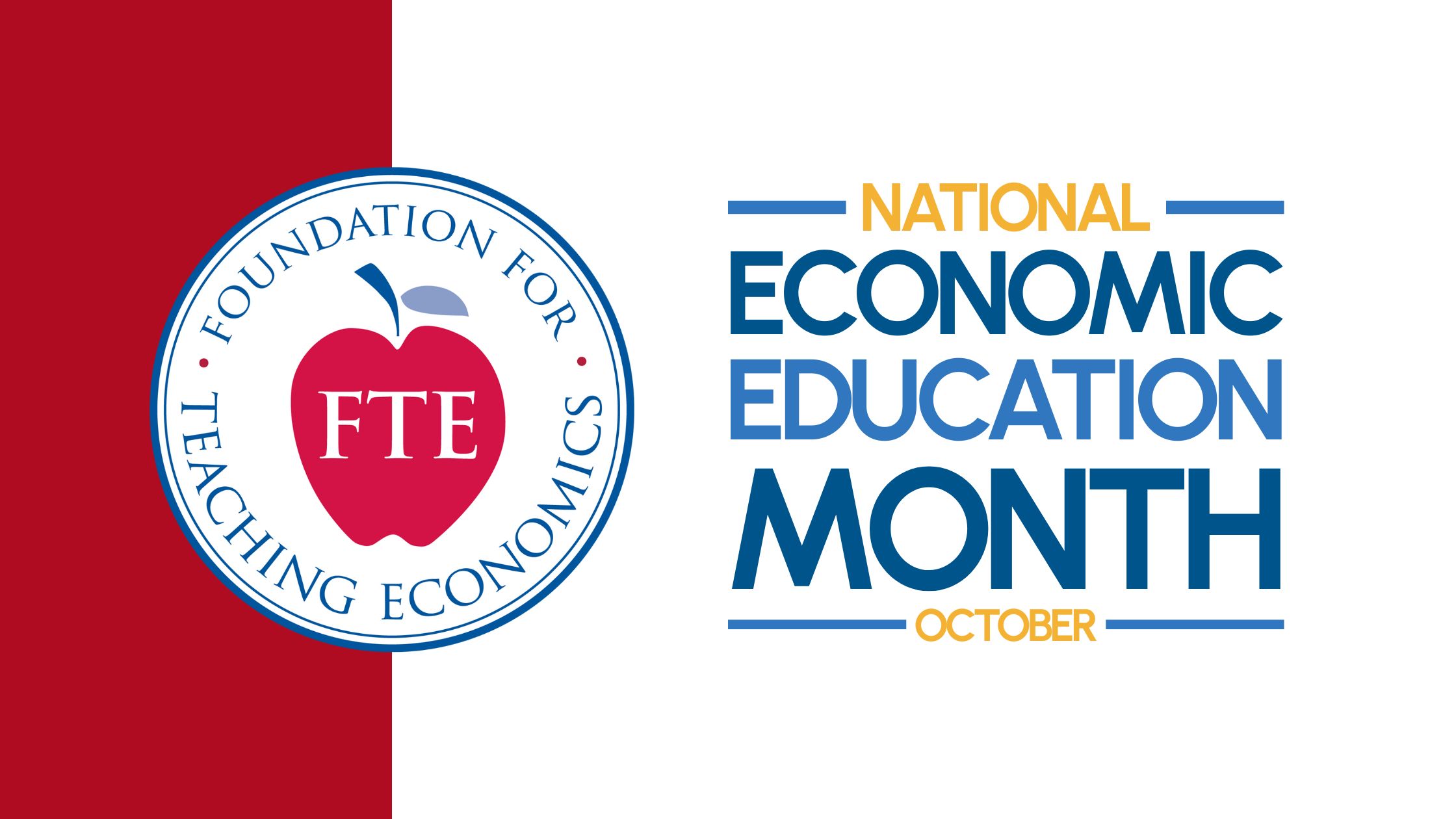College Credit for EFAH


Aditi Gandhi: Economics for Leaders Virtual Program Alumni
Aditi sat at her desk in Dubai, staring at her computer screen, her fingers hovering over the mouse. The decision…

October is National Economic Education Month. We need it more than ever.
The Washington Examiner By Ted Tucker October 2, 2025 A fundamental economic principle is that voluntary trade creates wealth, and the…

FTE: Celebrating 50 Years of Excellence in Economic Education
2025 is a special year for the Foundation for Teaching Economics (FTE), as we celebrate our 50th anniversary. In 1975,…
